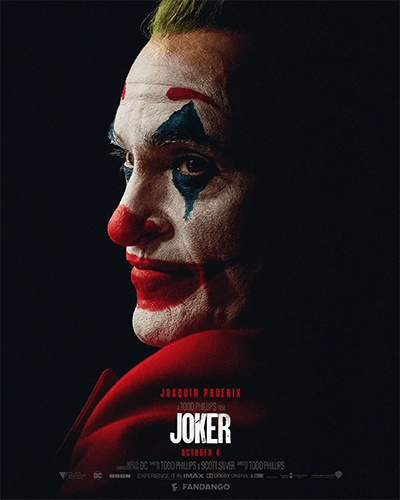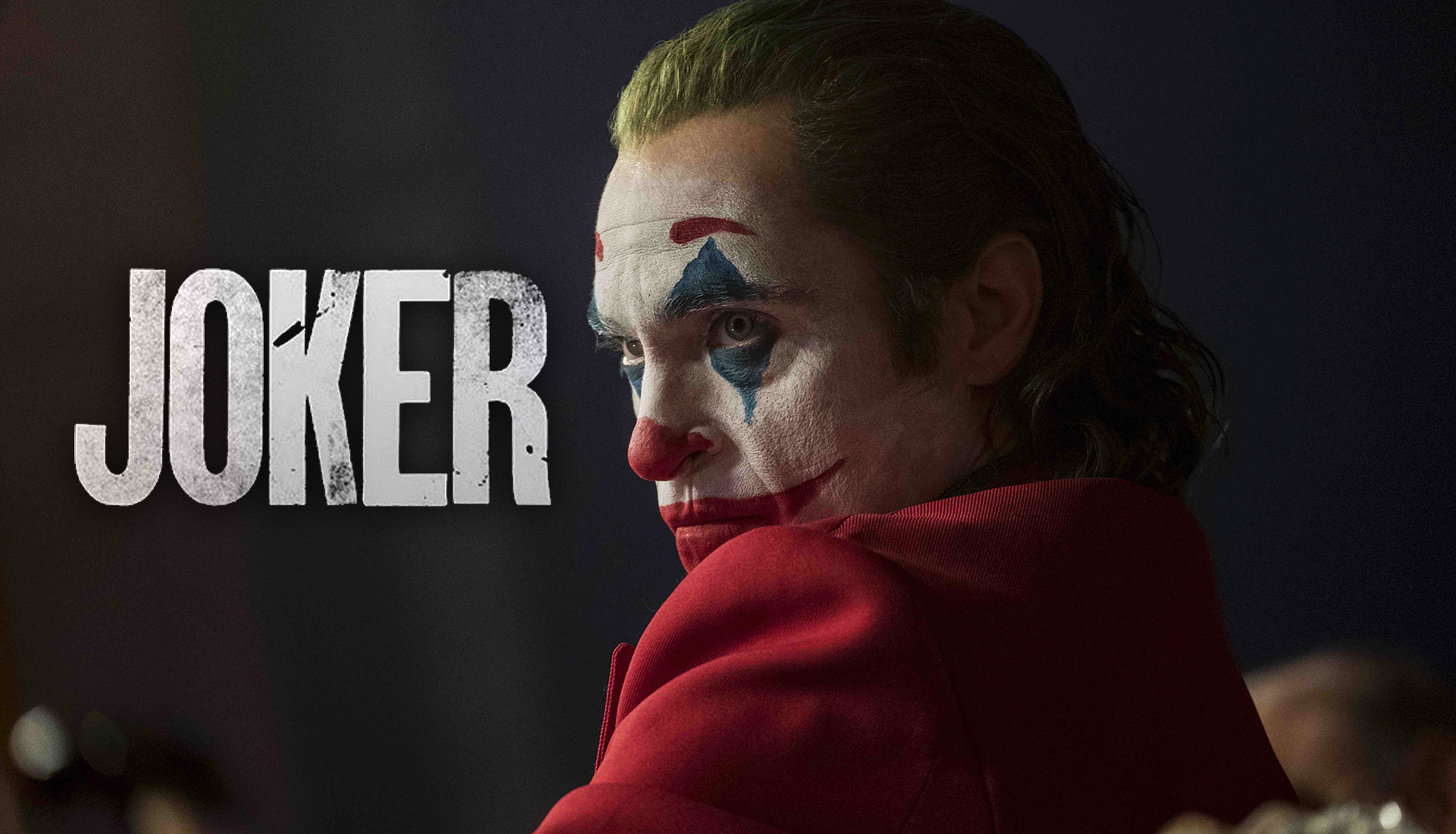Joker is an inflated examination of how an autocratic society can spark revolt from the underprivileged and beleaguered. But Todd Phillips’ ace in his hand is undoubtedly Joaquin Phoenix’s mesmeric performance.
Since provoking an eight-minute standing ovation from spectators at the Venice film festival in August, Tod Phillip’s origin story about the birth of Batman’s cackling nemesis has been lamented by critics for its supposedly ‘cynical’, ‘toxic’, and ‘irresponsible’ emphasis on violence and debauchery. However after seeing the film, the social media storm in a teacup seems like the only thing that’s been exaggerated. For me, the only real question heading into the theatre was: is Joker really the masterpiece reviews are proclaiming it to be?
The answer is a no, but it comes very, very close. Joaquin Phoenix’s hypnotic and physically taxing portrayal of the Joker is undoubtedly the main attraction here, but there’s plenty to enjoy from the raw style cinematography and nightmarish score too. It’s the overarching story that somewhat fails to permeate the surface level and delve into the political landscape outside of Arthur Fleck’s perception. The social commentary is half-baked at best. However, most of us get what we came for; a slow-burn biopic which delves into the moral, emotional, and physical make-up of the man who would eventually go on to plunge Gotham into chaos.


Set in the 1980s, Gotham is a city befouled by garbage strikes and overrun with gigantic ‘super rats’. Under the rule of wealthy billionaire Thomas Wayne (Batman’s paps), the rich stay rich while the impoverished are left to wallow in squalor (remind you of anything). Teeming with crime, the government has little time or resources for those below the bread line, and Arthur Fleck is one of society’s most unfortunate – I want to say victims… but knowing what I know
Despite Phillips’ assurances to the contrary, this Joker is undeniably presented as something of a sympathetic anti-hero from the get-go. Reduced to a skeletal state by a diet of little more than nicotine and pain (reminiscent of Christian Bale in The Machinist), clown-for-hire and aspiring comedian Arthur Fleck slowly descends into a scornful vengeance after being continually shunned, abused, and mocked by those around him. His obscure sense of humour and twitchy demeanour are exacerbated by a strange disorder that rouses painful laughter whenever he’s uncomfortable or under duress, and it makes for a whole lot of truly pitiful and painful viewing. It must’ve been agony for Phoenix too.
Arthur’s solace from a volatile world is provided by his mother whom he lives with in their dingy city apartment, and also by his favourite chat show host Murray Franklin, a sickly crowd-pleaser played by Robert De Niro. Arthur nightly scooches up beside his elderly mother in bed to watch the Murry Franklin Show and dreams of being accepted and embraced by him. However, his dream is marred by the reality of their meeting toward the film’s jaw-dropping crescendo.





















